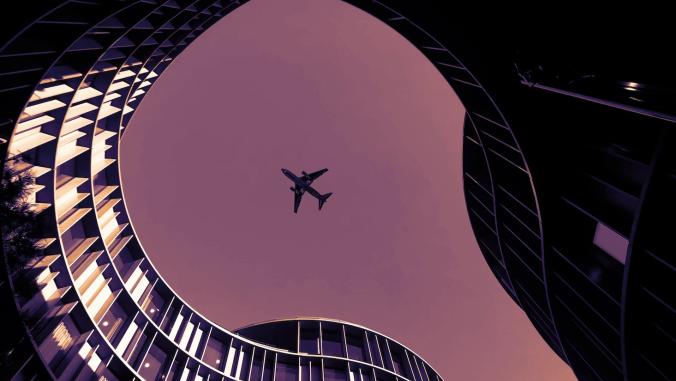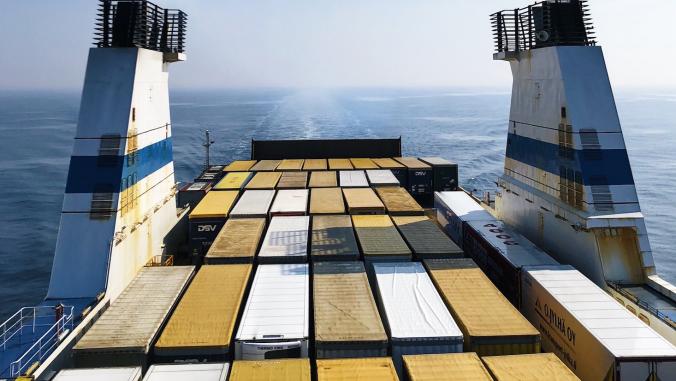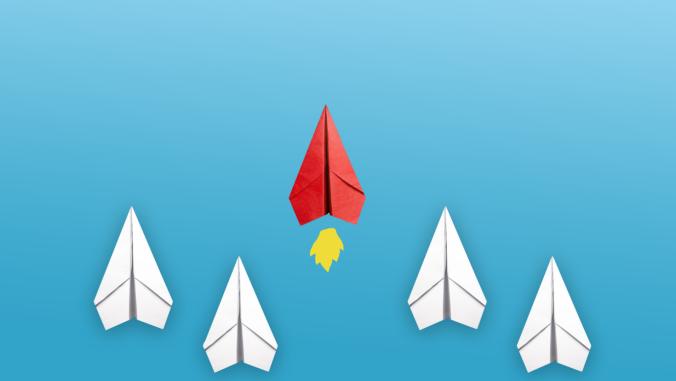Solar-Powered Plane Makes First Nightime Flight
<p>The <a rel="nofollow" href="http://www.solarimpulse.com/blog/blog.php?lang=en&group=media">Solar Impulse Project</a> is today staging the first-ever attempt to fly a solar-powered plane through the night, taking the research initiative a major step closer to its aim of staging a round-the-world solar-powered flight.</p>

[Editor's note: This article originally appeared at BusinessGreen.com and is reprinted with permission.]
As the sun sets over the Swiss Alps this evening, those taking in the breathtaking view may also catch a glimpse of an aircraft making a journey of genuine historic significance.
The Solar Impulse Project is today staging the first-ever attempt to fly a solar-powered plane through the night, taking the research initiative a major step closer to its aim of staging a round-the-world solar-powered flight.
The Solar Impulse plane took off from the Payerne airbase at 6:51 this morning with André Borscherg, CEO and co-founder of the Solar Impulse project, at the controls.
Using the power generated through the solar panels mounted on the experimental plane's wings, the aircraft began the ascent towards its maximum altitude of 8,500 meters (27,887 feet) at 11:41 this morning.
Around two hours before sunset, the sun's rays will cease to be powerful enough to continue to charge the plane's battery and Borscherg will begin a slow descent to a cruising altitude of around 1,500 meters (4,921 feet) by around 11 p.m.
The plane will then use the power stored in the battery that has been charged throughout the day to continue the flight throughout the night with Borscherg scheduled to land tomorrow morning.
Borscherg is expected to make the crucial decision on whether to continue the flight through the night at around 8 p.m. this evening. Details on the flight will be updated on the Solar Impulse website throughout the night.
Should the flight prove successful, it will represent the longest and highest flight ever undertaken by a solar-powered plane.
The explorer Bertrand Piccard, who initiated the Solar Impulse project, said the aim of the flight was to "demonstrate the potential of renewable energy and clean technologies and to promote them amongst the public."
Experts have said it is highly unlikely solar-powered aircraft can be deployed for commercial purposes within the next few decades.
However, the aviation industry has welcomed a project that should not only demonstrate the feasibility of zero carbon flight, but will also test a number of emerging lightweight materials and battery technologies.





